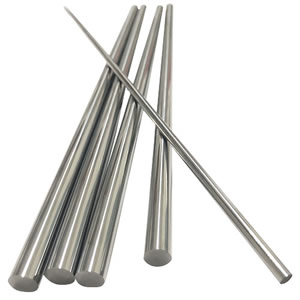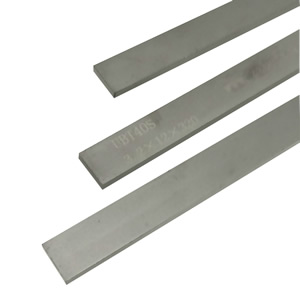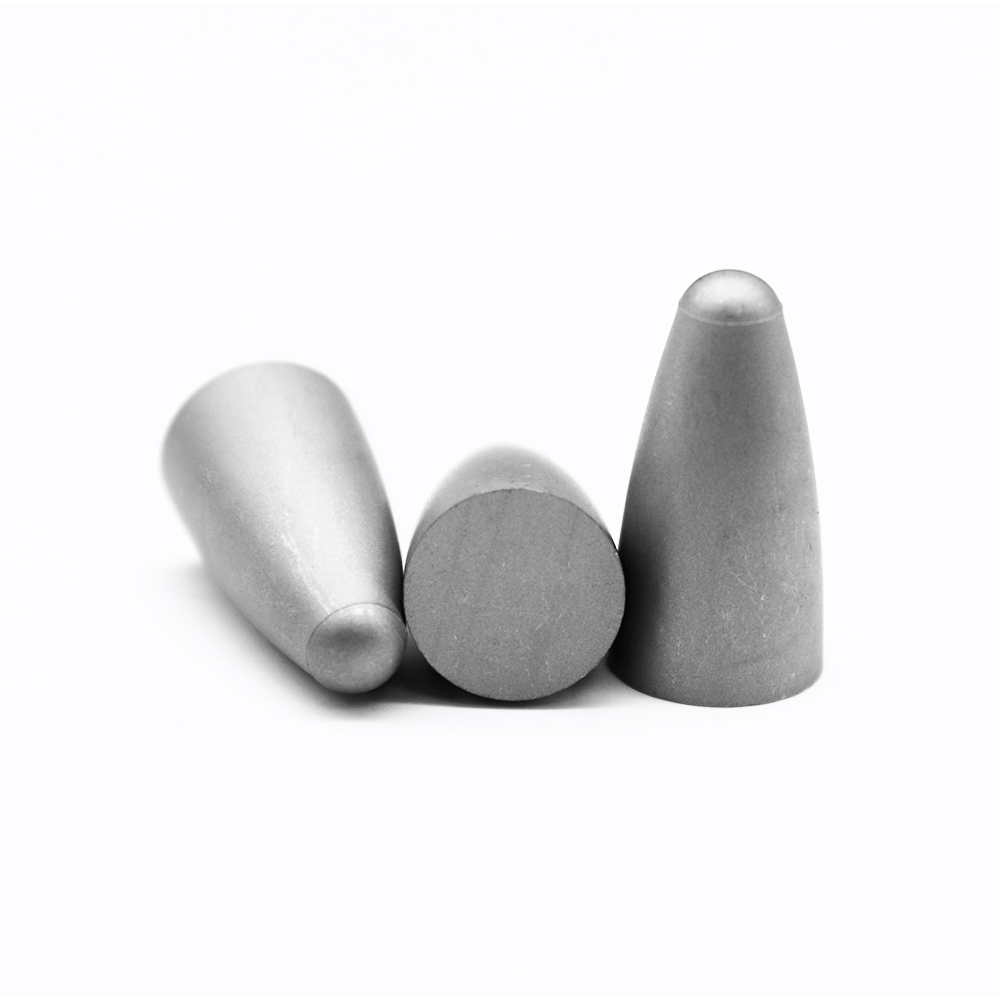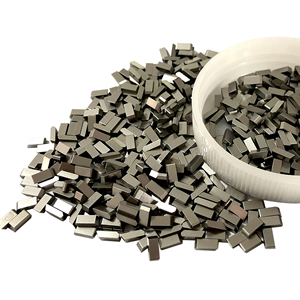Eight Essential Questions about Flexible Welding Wire
Essential Questions about Flexible Welding Wire
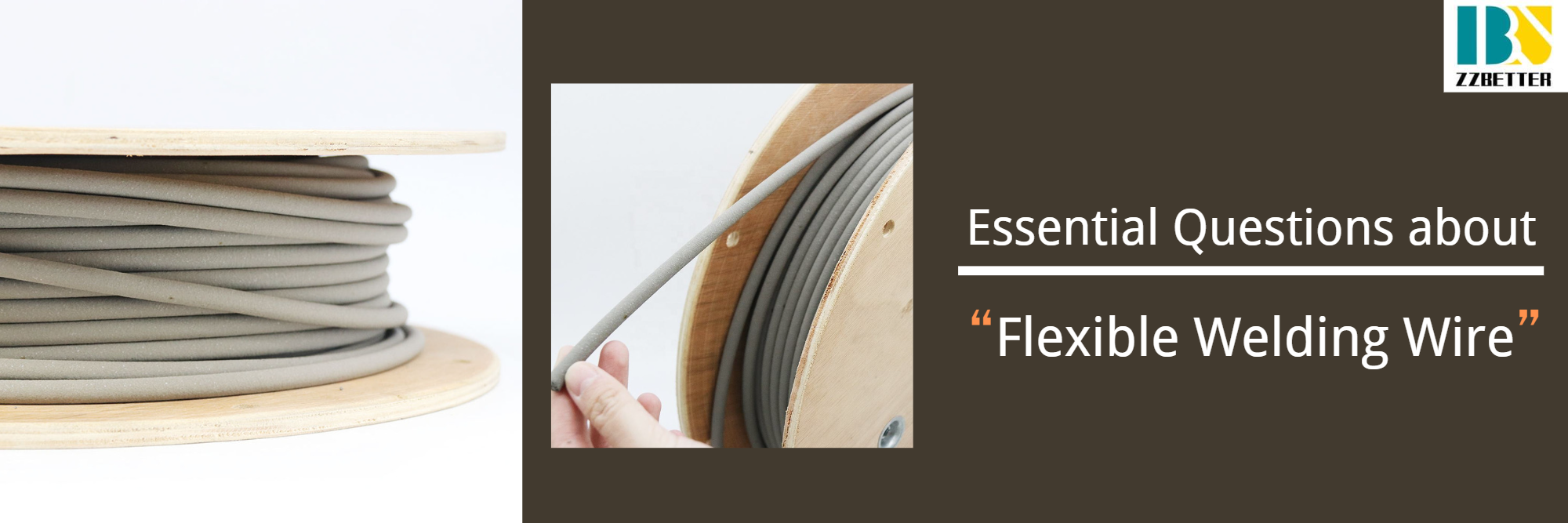
What is flexible welding rob/wire?
Cemented carbide flexible welding wire is a kind of soft welding wire, which uses cast tungsten carbide powder, spherical cast tungsten carbide powder or a mixture of the two as the hard phase, and uses nickel-based alloy powder as the bonding phase, which is mixed and bonded in a certain proportion. It’s extruded, dried and manufactured soft welding wire with a hard metal core in the center.,which is suitable for oxyacetylene welding, with excellent flow and form control at low deposition temperatures around 1050°C. The nickel-based alloy in the product gives the cladding layer excellent corrosion resistance. They are excellent flow and wetting properties. Flexible welding ropes normally refer to Cast Tungsten Carbide Welding Rope and SCTC Welding Rope (Spherical Tungsten Carbide Welding Rope). GS110550N-1 is a 5mm diameter cast tungsten carbide welding rope, manufactured by mixture of CTC( Cast Tungsten carbide) and Nickel wire covered by self-fluxing Nickel alloy. The cast tungsten carbide is with good wear resistance. The performance of this kind of welding rope possesses makes it suitable for welding on petroleum drilling tools, concrete mixing blade, mud pump, coal sluice, coal drill pipe, tunnel drilling machinery to stand severe working environment or conditions and extend service life accordingly. Recommended application method is Oxy-Acetylene Welding with weak carburizing flame.
What are the applications?
Welding wire can be used in all steels except manganese steel surfacing on all steel substrates, but not recommended on cast iron. These Products perform well in harsh environments, typical applications include:
Stabilizers and other oilfield equipment
Drilling machine
Thruster
Mixing plates for brick and clay making
Food and chemical processing decanters
What is a Welding Wire?
A welding wire or an electrode is the material used to weld and fuse different pieces together.
Usually bought in a form of a spool, it’s what generates the heat. Therefore, it is what’s responsible for the fusion of 2 different parts and components.
What is a Hardfacing Wire?
Hardfacing wires are technically the same thing as welding wires; just different terms.
It’s only referred to as hardfacing wires when they’re used for hardfacing, not welding. But, for you not are confused, they are the exact same thing.
Flexibility and Repair Versatility
Because of its flexibility, you can use it in a wide range of applications.
In fact, it’s seen as the best solution for hardfacing because of its properties.
However, the most typical of all applications it can be used in involve the following processes:
Improvement of the Corrosion and Abrasion Resistance of Parts and Components
Hardfacing of High Impact Parts like Fuel Mixer Blades, Conveyor Screws, and Pumps
Increasing Hardness of Heavy-Impact Machineries and Equipment
Is Welding Wire and Welding Rod the Same?
No, welding wires and welding rods are two different materials.
They differ in size and in shape; welding wires are just thin pieces of wires. Furthermore, they’re sold in spools.
Welding rods, on the other hand, are thick pieces of metal you use for welding.
What are the Pros of Hardfacing Welding Wires?
Using welding wires for hardfacing gives you the following advantages:
Cost effective
Relatively cheaper than other methods
Gives the product the hardness and the toughness it needs
Higher and better rates of deposition
What are the Cons of Hardfacing Welding Wires?
There also are some disadvantages of hardfacing welding wires and they include:
Lower deposition rate
Weaker efficiency
Welder experience should be topnotch
To achieve the best results, automated systems should be taken into account.
If you are interested in any tungsten carbide products and want more information and details, you can CONTACT US by phone or mail at the left, or SEND US MAIL at the bottom of this page.





